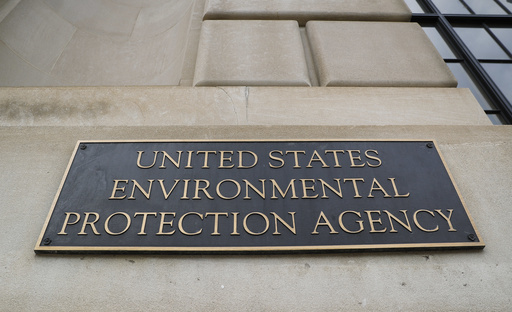The Environmental Protection Agency (EPA) has taken a significant step by invoking its emergency authority to stop the sale of a weed-killing pesticide known as DCPA, or Dacthal, for the first time in roughly four decades. This decision was made due to the pesticide’s potential harm to the development of unborn babies, with risks including impaired brain development and low birth weight. The EPA cited difficulties in obtaining crucial health data from the manufacturer of the pesticide in a timely manner as a reason for the emergency action, stating that it was unsafe to continue its sale.
Michal Freedhoff, assistant administrator for EPA’s Office of Chemical Safety and Pollution Prevention, emphasized the long-lasting health implications for babies born to pregnant women who may have been exposed to the pesticide without their knowledge. DCPA is primarily used on crops like broccoli, cabbage, and others, with around 84,000 pounds being used on average between 2018 and 2020.
After assessing the risks of DCPA in 2023, the EPA determined that the pesticide posed dangers even if workers wore personal protective equipment. Although the manufacturer advised avoiding treated fields for 12 hours, the EPA found that the pesticide could remain at hazardous levels for over 25 days. The company producing DCPA, AMVAC Chemical Corp., did not respond to a request for comment following the EPA’s decision.
AMVAC Chemical Corp. had suggested safety protocols to mitigate risks, such as extended waiting periods before workers enter treated fields and limits on chemical handling. However, federal officials deemed these proposed changes insufficient, leading to the necessity of the emergency order as the standard review process was deemed too time-consuming and risky for public health, according to the EPA’s statement.


